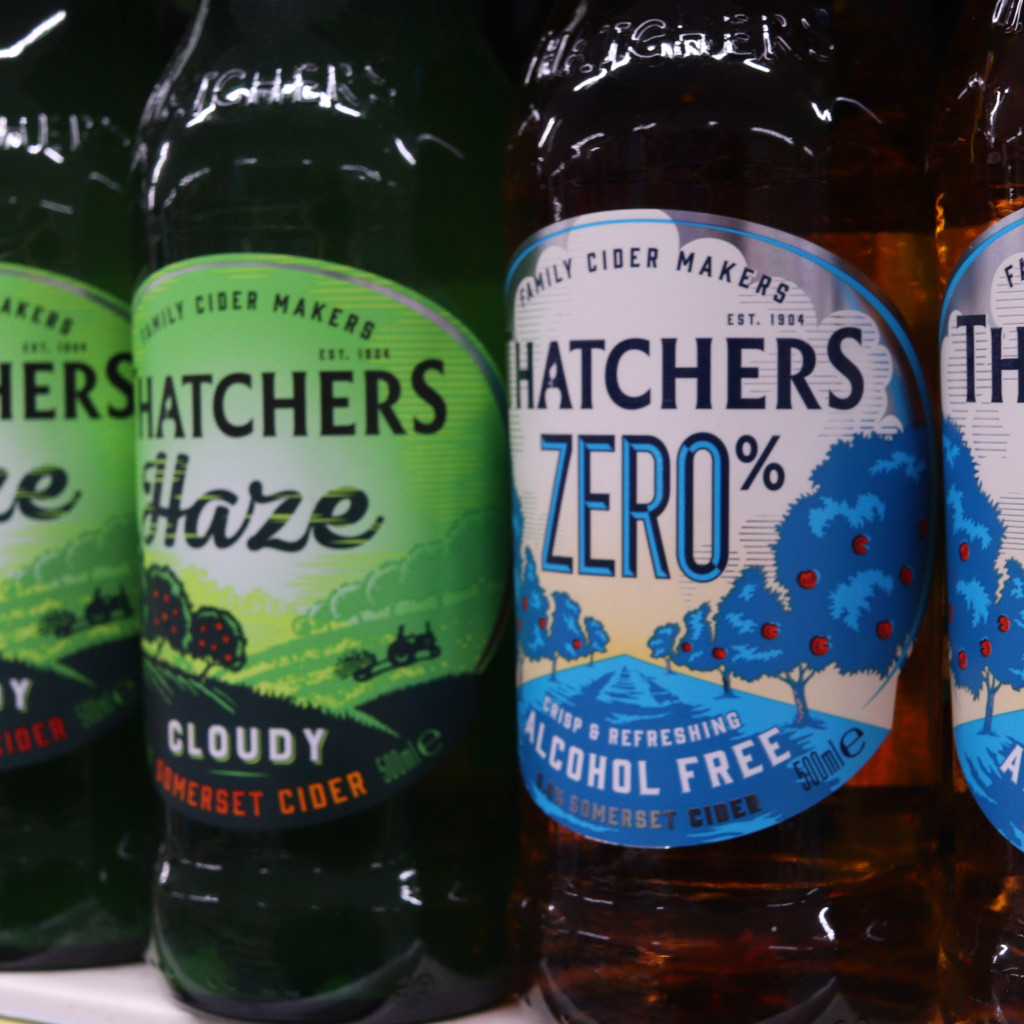The Supreme Court has refused Aldi permission to appeal the Court of Appeal’s decision that it infringed Thatchers Cider Company (Thatchers) trade mark. This brings a decisive end to Thatchers’ successful legal battle against a supermarket lookalike.
The decision confirms that, with the right product, a well-constructed portfolio of registered trade marks (such as trade marks which protect the whole packaging) and a properly pleaded case on reputation, brands can successfully remove infringing copycat products from the market.
What’s the message from the Courts?
The Court of Appeal’s reversal of the High Court’s decision, and the Supreme Court’s refusal to allow the appeal by Aldi, marks a significant development. It reaffirms that brand owners with well-known packaging can succeed in claims against copycat products under the right conditions. The key messages are:
- Where a copycat product brings to mind another brand owner’s product, the brand owner can make a claim based on its registered trade mark rights in well-known packaging.
- The Court requires the brand owner to prove it has a reputation in the registered trade mark. As a result, this type of claim remains largely reserved for market-leading products. Brands lacking that recognition are unlikely to benefit from this ruling to challenge copycat product packaging.
- The decision underscores the importance of demonstrating that a significant portion of the relevant public recognises the mark.
- The common discounter tactic of benchmarking against market leaders is now significantly more vulnerable to challenge.
What happened in the case?
In a landmark victory for Thatchers, the Court of Appeal handed down its judgment in January 2025 that Aldi infringed their trade mark.
Thatchers has a portfolio of registered trade marks featuring a combination of words and logos. Increasingly brand owners are registering trade mark logos featuring a combination of words and artwork which they print on their products and packaging and Thatchers is the registered owner of a trade mark logo consisting of the Thatchers name, the words “CLOUDY LEMON CIDER” and lemons. This has been used on the outside of their case, on the cardboard containers of their 4-can packs and in advertising and promotional materials for the product.
In or around 2022 Thatchers became aware that Aldi had commenced selling a cloudy lemon cider product under the name “TAURUS”. The branding design on the product and the packaging contained words, colours and artwork not dissimilar to the Thatchers trade mark and Thatchers claimed it was infringing its registered trade mark because:
- Aldi’s branding was similar and used in relation to the same type of goods (cider);
- Thatchers’ trade mark has a reputation (recognition by a significant portion of the relevant public for the goods and services) in the UK and Aldi’s sign took unfair advantage of the distinctive character or repute of that trade mark; and
- Thatchers’ unregistered trade mark rights have been infringed (the tort of passing off).
Aldi’s position was that it had used the Thatchers cloudy lemon cider product as a ‘benchmark’ when developing its Taurus cloudy lemon cider but denied infringement.
The High Court had initially found no infringement but the Court of Appeal overturned the decision. The claim succeeded under section 10(3) of the Trade Marks Act 1994, which protects trade marks with a reputation from unfair advantage or detriment, and not on passing off.
Benchmarking
Aldi’s evidence set out that, where Aldi sees a gap in the market and decides to develop a similar Aldi product, it will often identify a “benchmark” product which is usually a market leader. They said that will act as the quality barometer, as Aldi intends to deliver a product of the same or better quality as the benchmark leading product.
Both Thatchers and Aldi agreed that “in the arena of product development by retailers and manufacturers, the concept of benchmarking against an existing product is completely standard market practice, and has been for years”. Thatchers’ position however, was that benchmarking goes beyond quality and, “it is likely to inform you and what the product would look like.” Essentially when a company takes steps to market its brand and build up a loyal customer base, the sale of a counterfeit product with similar branding would be contrary to trade mark law.
Overall, Her Honour Judge Melissa Clarke found a low degree of similarity between Thatchers’ trade mark and Aldi’s branding because her judgment referred to the dominating feature of Thatchers trade mark being the word “THATCHERS” and the dominating features of Aldi’s branding being the words “TAURUS” and the bullhead image which does not appear on Thatchers’ products. She found no infringement by Aldi.
Next steps
Navigating trade mark law can be a minefield and there are strict rules about what can and cannot be registered. Having a diverse portfolio with a mix of word marks and logo marks will give you the best protection and the key benefit is that registration is a low-cost investment for strong protection which is renewable every 10 years. It’s clear that registering the whole packaging of a product is a sensible step for brand owners as this will aid in the strategic use of trade mark portfolios protecting against lookalikes.
Thoughtful registration of intellectual property lies at the heart of many a business success and we can advise about how to maximise the protection available to you.
Why choose Tozers for trade mark law matters?
Drawing on a deep understanding of our client’s specialist industries, we have supported clients with their branding journey and trade mark litigation.
As a top firm for client satisfaction, we have built a reputation as good listeners who can help break down complex legal jargon into words you can understand and are experts at advising on your individual business situation. We’re ranked by Review Solicitors within the top 10 firms out of 11,400 law firms across the UK.
Contact our legal experts today for a preliminary no-obligation call.




